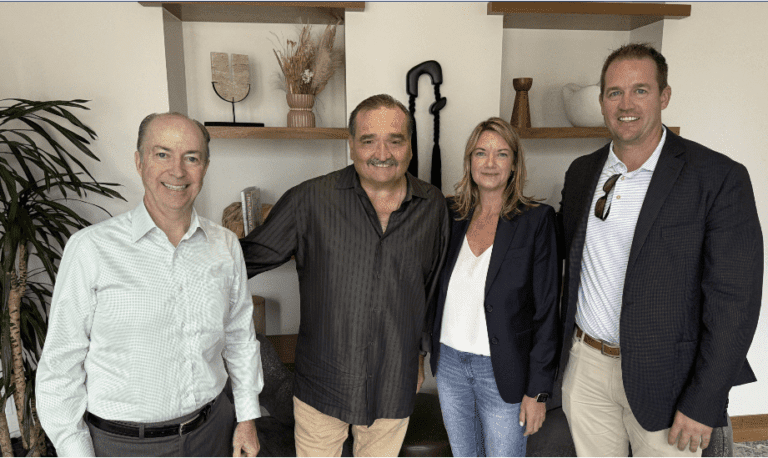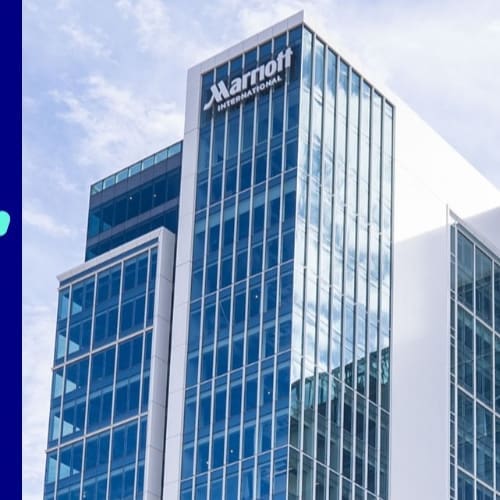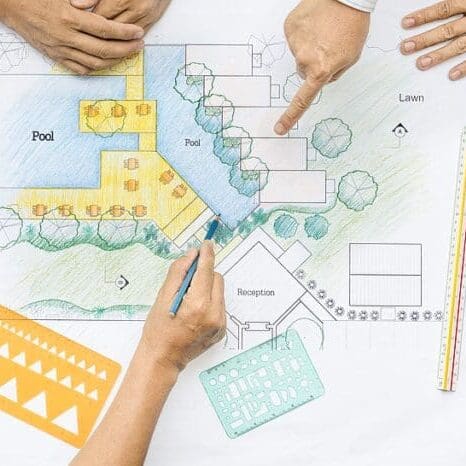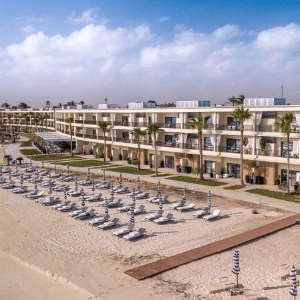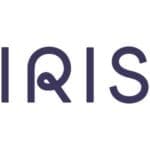
In hospitality projects, every detail impacts guest experience and operational efficiency, with FF&E (Furniture, Fixtures, and Equipment) purchasing being a critical component.
Whether constructing a new hotel or renovating existing spaces, careful planning and timing for FF&E procurement are essential for meeting milestones and avoiding delays that could jeopardize opening dates, guest bookings, and revenue.
Effective scheduling ensures seamless coordination between interior designers, contractors, procurement teams, suppliers, and installation crews.
Key stages—design, delivery, and installation—must align to prevent cascading delays, cost overruns, and disruptions.
Knowing when to engage purchasing agents and hotel consultants is also vital for a successful project.
Key Overlooked FF&E Scheduling Areas:
- Model Room Timing: Building, purchasing, and installing model hotel rooms takes 4-6 months. This needs to happen early in the schedule to allow time for adjustments before large orders are placed or construction progresses too far. Model rooms allow for many value engineering discussions and ultimately overall project savings and efficiencies.
- Punch Dates: General contractor punch lists should be completed before furniture installation to avoid overlapping trades and disruptions. Clearly define responsibilities early to avoid additional consultant services.
- Operational Turnover: Hotels don’t open the day after construction is complete! They need time for operational setup—housekeeping, food and beverage, and other departments require time to stock, test, and perform mock services. These tasks should be factored into the schedule to prevent rushed preparation before a grand opening.
Benefits of Clear FF&E Scheduling:
- Goal Setting: A clear timeline with defined goals helps synchronize procurement with the overall project, reducing the risk of last-minute changes that impact quality, cost, or timing.
- Quality Assurance: A well-managed schedule allows for timely inspections of delivered furniture, ensuring any defects or discrepancies are addressed without delaying the project.
- Logistical Coordination: Effective scheduling ensures furniture arrives on time and installation crews can work efficiently without disrupting other activities.
In the competitive hospitality industry, scheduling FF&E procurement is about more than meeting deadlines—it’s about delivering quality, comfort, and aesthetic appeal. A well-coordinated schedule ensures that each piece of furniture contributes to the overall guest experience and operational efficiency.




